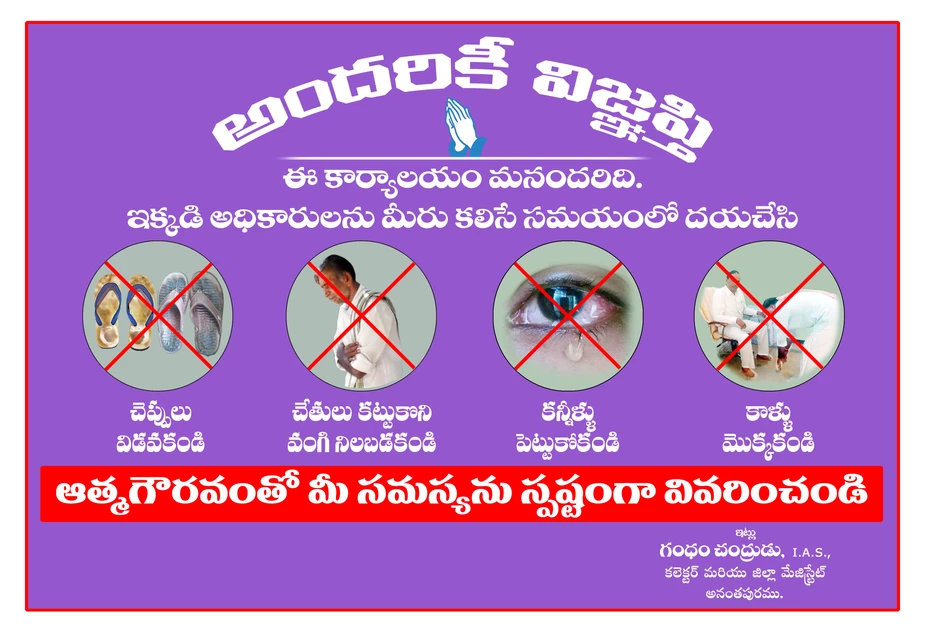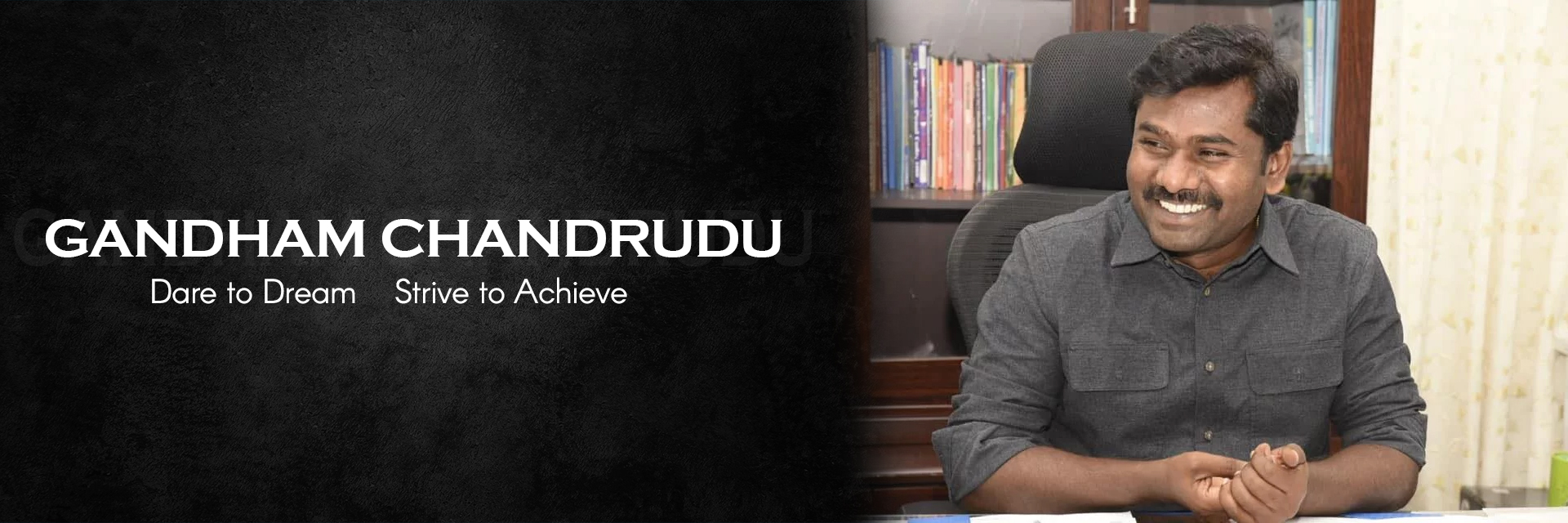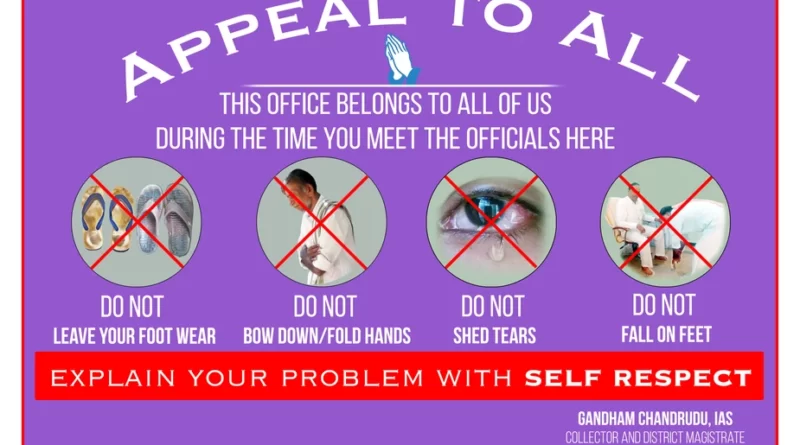One Step towards Democratizing the Administration
People of India gave to themselves the Constitution of India guaranteeing themselves equality, liberty and other democratic rights. But are they being treated equally in the society, by the administration and by the political elite? Whose responsibility is it to translate the constitutional spirit of equality to the people so that they can realize the rights that they gave to themselves? I earnestly feel that the mantle of translating the constitution of India into a tangible, enjoyable instrument falls on the executive wing of the State.
Unfortunately, and unconsciously, the administration continues to be in the well trenched practices of the British era. Despite Article 17 and other correlated articles in the Constitution, still the mire of caste inequalities continue to dominate rural and urban India. The customary executives of pre-independent India, who were upper caste landlords and feudal bosses have forced the downtrodden to follow a specific gesture when amidst of them. The bowing of heads, falling on feet, removal of footwear and putting on their heads, tying a toddy leaves to their backs, lying on the ground when they walk and many more to display fear and respect to upper caste has been the deplorable tradition then. But it is deeply saddening that few of them are still being followed. How to transform this quagmire?
I guess the cleaning of tables should start from the officers assuming the coveted positions in the administration, so that the rest of the staff down the line can emulate. If the administration pledges to implement the Constitutional spirit of equality, then only it is possible to bring about concomitant changes in the social order ridden with such unequal relations.

We should consciously shed the appearance of authority and substitute it with an attitude of service. As a step in this direction people should be enthused to be bold in articulating their problems and seek solution whenever they approach the officers. They should be cultivated to shed the old feudal, slavish practices of leaving the footwear outside, bend or bow down before the officer as they ought to do before a feudal lord in the village, cry and beg for help and such other similar practices. As these practices continued in free India, people hesitate to shed them, unless we take the responsibility to encourage them to behave with self-respect and infuse confidence in them that we are here to serve them and that we are their feudal lords to bestow doles to them. I think it’s time we need to take steps to translate the constitutional spirit into practice.
Hence, I started first to proliferate the idea from my office at Anantapuram Collectorate, through a poster in a way people can easily grasp. And I insisted a similar poster outside every government office to create an awareness among the citizens to visit the office. This simple campaign made one and all pleased, enhanced their confidence, reassured them to deal with fortitude. They should able to freely approach and elucidate their grievances. This had its effect and had discernable impact on the subordinate staff too. The staff at the office should treat the people with more deference and candor. The impact of this simple reform impacted even the larger civil society in many ways. Everyone extolled the measures and there are lot of comments in the print, electronic media and social media lauding the initiatives. I am satisfied that this is one small step in the direction of realizing the standards set to us by doyens like Sardar Patel and Dr.B.R. Ambedkar.





